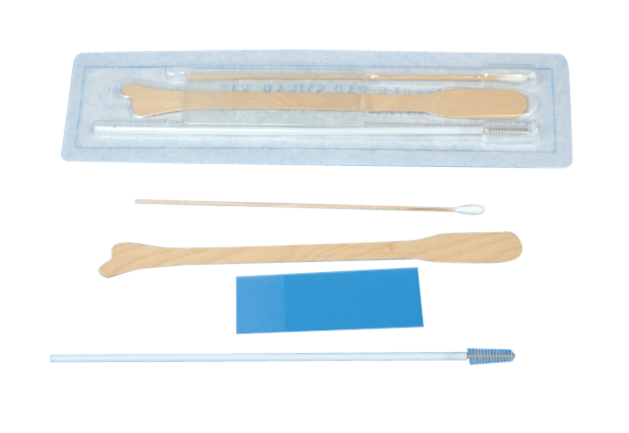Gynecological Sets, Resuscitative hysterotomy (RH) is the new term for what was previously called perimortem cesarean delivery (PMCD). The new nomenclature is being adopted to highlight the importance of the procedure to successful resuscitation during maternal cardiopulmonary arrest (MCPA). It is defined as the procedure of delivering a fetus from a gravid mother through an incision in the abdomen during or after MCPA. The goal of the procedure is to improve the survival of the mother and the neonate.
Gynecological Sets

Physiology
There are physiologic changes that occur during pregnancy that reduce the probability of return of spontaneous circulation (ROSC) during cardiac arrest. Physiologic anemia of pregnancy reduces the oxygen-carrying capacity of blood and results in decreased delivery of oxygen during resuscitation. The large gravid uterus elevates the diaphragm and reduces the lung’s functional reserve capacity (FRC), which when combined with increased oxygen demand from the fetus results in decreased oxygen reserves and Gynecological Sets risk for rapid oxygen desaturations. The size of a gravid uterus at 20 weeks results in aortocaval compression which reduces the amount of venous return from the inferior vena cava and reduces cardiac output during resuscitation. The theory behind resuscitative hysterotomy is to increase the probability of ROSC by reducing the impact of aortocaval compression.
Supporting Evidence Of Gynecological Sets
A 2012 systematic review primarily investigated the neonatal and maternal survival rates after perimortem cesarean delivery and secondarily attempted to evaluate the maternal and fetal neurological outcomes and the ability to perform the procedure within the recommended time frame.
If you're a woman of reproductive age, you may go through
menopause at a certain point. But many people have concerns like "when will menopause start for me?" and "what symptoms can I expect during menopause?" These are excellent questions, and the trained OB/GYNs at Professionals for Women's Health can help answer them for you.
The truth is that women go through many changes during menopause, including mood swings, weight gain, and hot flashes. Comprehensive counseling can help women prepare for menopause symptoms, understand these changes better, and make the transition into this new phase of life more manageable. Call our staff in Columbus, Dublin, or Westerville, OH to learn about our services in terms of menopause care and hormone replacement.
When does menopause start?
Menopause is part of a woman's normal aging process and generally occurs between ages 45 and 55. It begins when the ovaries stop producing estrogen and progesterone, which leads to the end of a woman's reproductive cycle. As a result of fluctuating hormones, it's not uncommon to experience hot flashes, night sweats, vaginal dryness, depression, and anxiety.
How will I know if I'm going through menopause?
Some of the most common early signs of menopause are hot flashes and night sweats. You might also notice that your menstrual cycle has become irregular or stopped completely. If you notice any changes in your periods, it's important to see an experienced OB/GYN for a diagnosis. Patients with menopause are welcome to speak with one of our professionals for counseling.
What happens during a menopause counseling appointment?
Professionals for Women's Health is proud to offer menopause counseling so patients can manage symptoms and feel more comfortable in their changing bodies. We can answer your questions and perform a health evaluation before creating a plan. We understand it can be difficult to talk about menstruation and sexual health, which is why our staff in Columbus, Dublin, and Westerville, OH adhere to a strict confidentiality policy.
